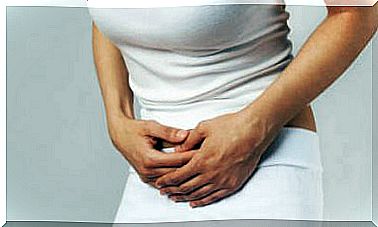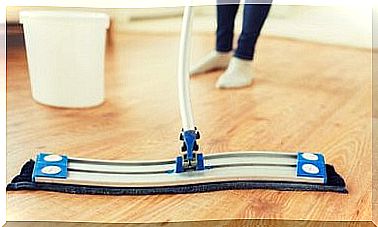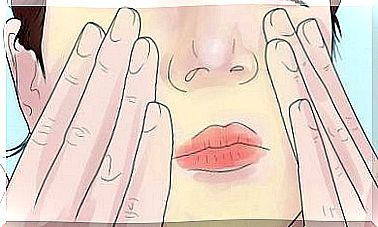6 Unknown Effects Anxiety Has On Your Body
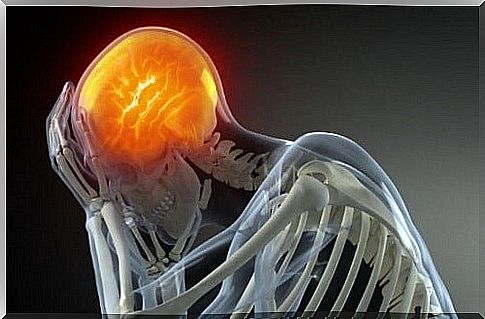
Punctual anxiety, which lasts a few hours or days due to a worry, a goal, a stressful event or a challenge to be met in the short term, causes serious consequences in our body.
However, when anxiety remains, it is not managed and we even allow it to go further, its psychological impact harms our health and many aspects of which we are not always aware.
Today, in our space, we want to talk about these effects, about the impact that we often associate with other dimensions, neglecting the root of the problem: our underlying anxiety.
Effects caused by anxiety
1. Dilated pupils
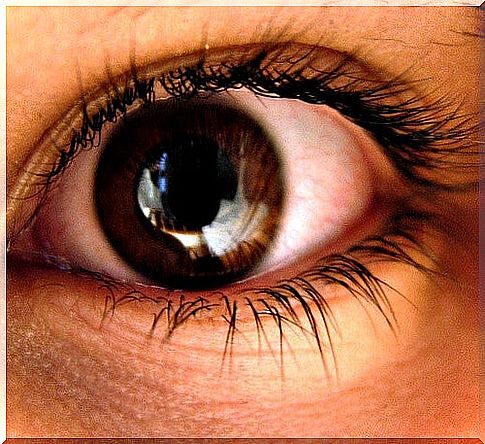
Dilation of pupils unrelated to light sensitivity is a symptom of an underlying problem that needs to be known and treated.
Having dilated pupils can be due, among other causes, to a sustained state of alertness.
When our anxiety is very high, it is common to experience this symptom so unusual that it can cause us from nausea to see strange lights around us, or to have a reduction in our visual quality.
2. Difficulty swallowing
Difficulty swallowing while eating or drinking is another very common symptom when we experience anxiety.
This symptom is called dysphagia and is a clear somatization resulting from anxiety. It relates to our glands in charge of producing saliva.
Let’s not forget that anxiety has a very concrete purpose: to prepare us for escape.
Therefore, our body’s main goal is to reserve all the fluids to take care of the muscles, because they are the ones that should help us run and run, so this fluid will be saved so that we can sweat.
If we do not have saliva in our mouths because of anxiety itself, it is very difficult for food to be chewed and, therefore, for us to be able to swallow it comfortably.
3. Headache

Anxiety will cause all the veins and arteries in our body to constrict for a very specific purpose: to supply more blood to the muscles.
Circulation, therefore, will be more intense and this favors vasoconstriction, which can lead to headaches.
This type of headache is usually more common in the early hours of the day and in the afternoon.
4. Pain in the jaw
There are certain parts of our bodies that tend to accumulate both anxiety and stress to a greater degree. We are talking about the neck, shoulders, back and jaw.
If you notice that the pain in your jaw is more intense in the morning and that it even reaches your ears, it is more likely that you are suffering from bruxism, that is, that at night you are grinding your teeth due to stress and anxiety.
It is necessary to consult a doctor, since, although a dental appliance can help us in this case, the ideal is to work out what are our sources of anxiety so that we can manage them in the most appropriate way.
5. Going to the bathroom more often than usual
We’ve all experienced this at some point: when facing an anxious situation, such as an exam or a job interview, it’s common to have to go to the bathroom several times.
It is a common fact, but at the same time curious, because when we suffer from anxiety, the kidney tends to produce less urine. The reason? For the aforementioned reasons: to save liquids to offer them to the muscles.
In turn, in the basic need to eliminate unnecessary weights to escape faster, our brain orders us to go to the bathroom to eliminate urine, and this causes us to end up going many times to eliminate just “a few drops”.
6. Derealization: feeling that what surrounds us is not real or that we are not part of what we see
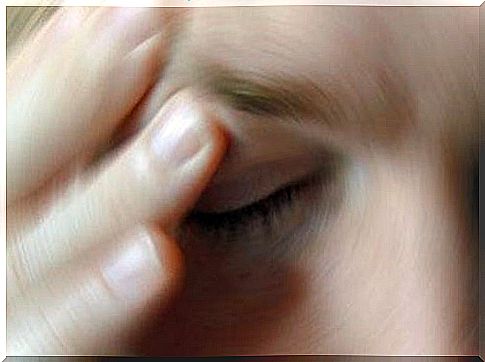
This symptom is strange, but anyone who has suffered from a period of intense anxiety or stress will know what we are talking about.
That’s when we suddenly have the clear feeling that what surrounds us isn’t real. It’s like seeing the world from the outside without feeling a part of it.
What is it due? Well, we have to say, first of all, that if this phenomenon occurs frequently, it is necessary to consult a doctor.
- Intense anxiety affects our lungs.
- What we often do is breathe faster, and when we accumulate too much oxygen, it’s common to experience two things: the first is hyperventilation, and the second is to notice a certain sense of de-realization.
Our brain does not properly process this situation, and it is common to notice this uncomfortable sensation.
In conclusion, we are sure that at some point you have already noticed some of these symptoms. It’s okay if this happens once or twice, the biggest risk is that these situations will become common and recurring.
Ask for help, talk to your doctor and start to better manage your anxiety spots.
